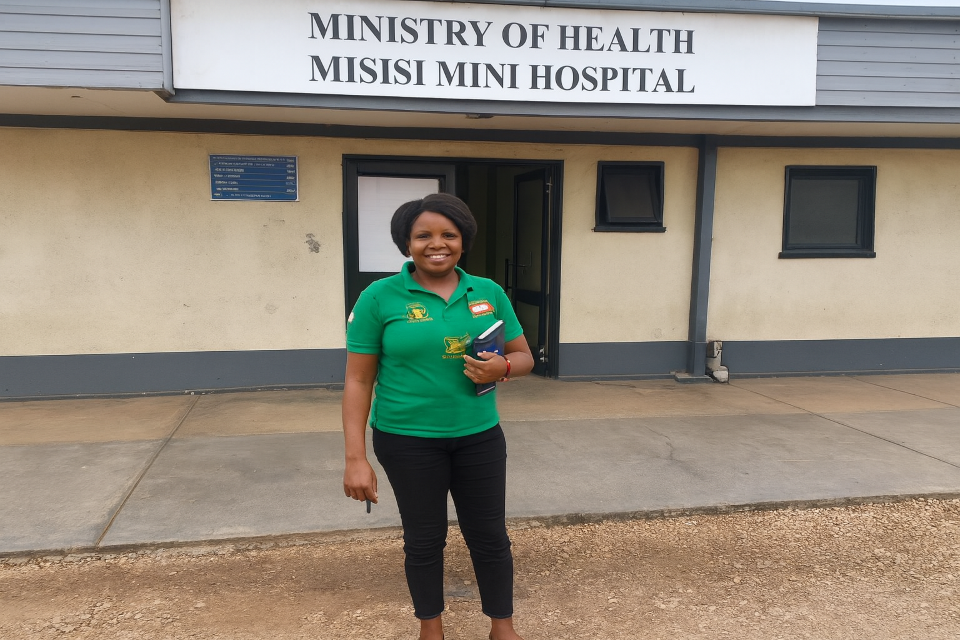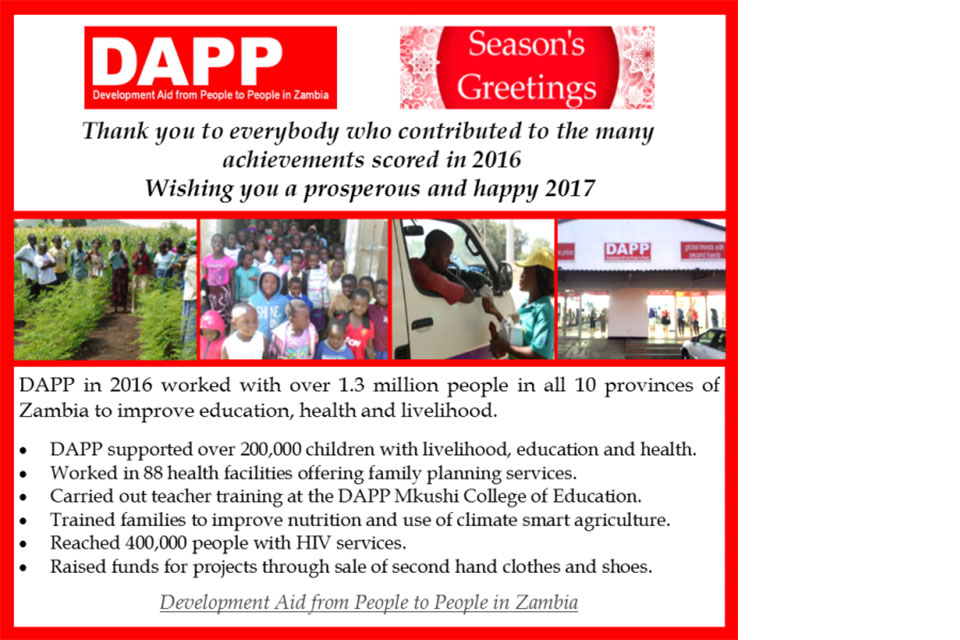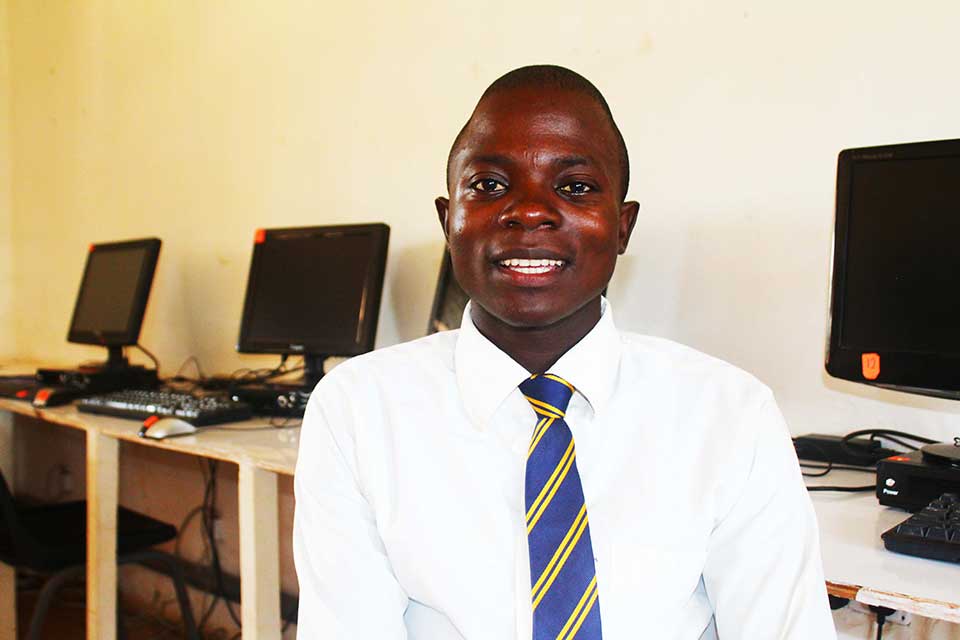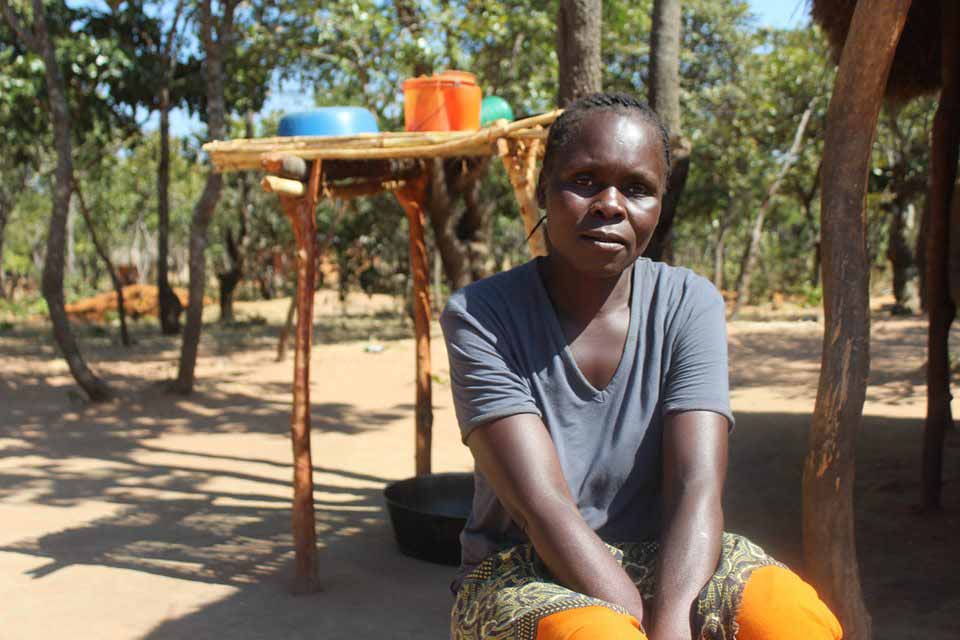 According to the Ministry of Health, Zambia has an estimated 1.34 million people living with HIV (PLHIV), of whom 1.32 million (98%) are on Antiretroviral Therapy (ART), and 97% have achieved viral load suppression (VLS). Despite this strong national performance, significant gender disparities remain. Men continue to lag behind women in HIV case identification and awareness of their HIV-positive status. The ZAMPHIA 2021 report shows that 88.7% of adults aged 15 years and above knew their HIV status—89.9% among women compared to 86.6% among men—indicating a gap of approximately 3.3% between the two groups.
According to the Ministry of Health, Zambia has an estimated 1.34 million people living with HIV (PLHIV), of whom 1.32 million (98%) are on Antiretroviral Therapy (ART), and 97% have achieved viral load suppression (VLS). Despite this strong national performance, significant gender disparities remain. Men continue to lag behind women in HIV case identification and awareness of their HIV-positive status. The ZAMPHIA 2021 report shows that 88.7% of adults aged 15 years and above knew their HIV status—89.9% among women compared to 86.6% among men—indicating a gap of approximately 3.3% between the two groups.
“Among the factors causing these outcomes are stigma, fear, social isolation, and harmful gender norms that make it difficult for men to come forward for HIV services. To help close this gap in HIV case-finding among men, we at DAPP TCE, with support from CDC and in collaboration with the Ministry of Health, implemented several HIV testing strategies. Among these, Venue-Based Testing for men proved to be the most effective in reaching, testing, and identifying HIV-positive men,” Delina Hamapa, Province Coordinator said.
Through Venue-Based Testing, DAPP TCE Field staff conducted HIV testing in locations where men are likely to congregate, such as workplaces, leisure, recreation spots, and social venues. Places such as pubs, betting centres, construction sites, and sports centres were targeted by Field Officers for HIV service provision to men.
“Between October 2024 and September 2025, using this approach, our TCE Field Officers tested a total of 42,470 men for HIV. Out of these, 898 were found positive, and 891 were successfully started on ART. This work was carried out across four provinces, which are Eastern, Lusaka, Southern, and Western, covering 52 districts and 1,373 health facilities where TCE is operating from,” Delina said.
“Furthermore, from the men who tested HIV positive, we elicited 2,404 female partners. Out of these, 1,237 were tested, and 242 were found to be HIV positive. All those who tested positive were successfully linked to treatment,” Delina explained.
The funding for this project has since expired.


